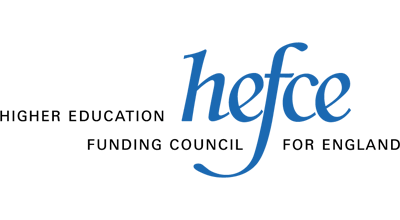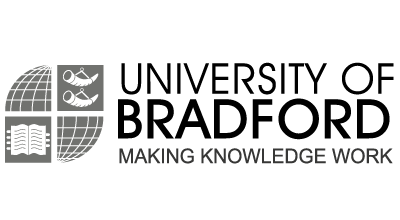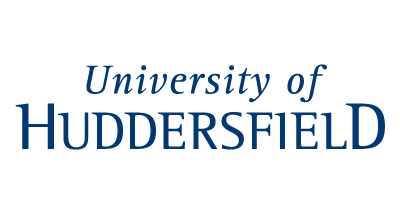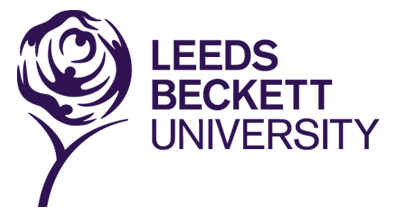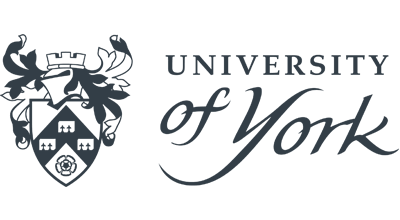Date published: 15/02/18
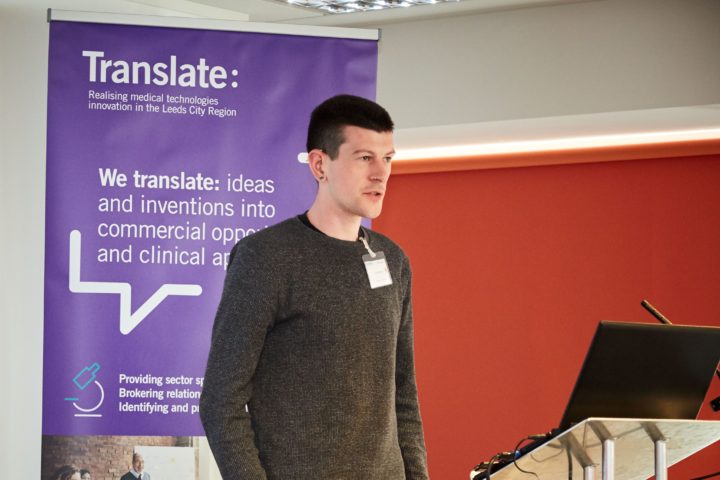
Towards an application for the diagnosis of motor disorders – Thomas Richards
- Name: Thomas Richards
- Current Organisation: University of Leeds
- Current Position: PhD Student
- Secondment organisation: Memorial University, Newfoundland, Canada
I am Tom Richards, a PhD student at the University of Leeds, just entering my final year. My interests lie in mapping neural pathways involved in movement in order to determine how muscles are interconnected.
I decided to apply for a Translate secondment as I believe this will take my research out of the lab, and towards clinical applications where it will have the most impact. The secondment will enable me to collect data – which we currently do not have the facilities to collect in Leeds – combining multi-modal stimulation techniques with a motor task specific to certain neural pathways.
Power Lab secondment in Canada
My secondment will take place at Memorial University in Newfoundland, Canada with Dr Kevin Power. The Power lab are world leaders in looking at particular spinal cord circuits involvement in generating movements in a human population.
I am particularly excited to visit the Power lab as I will be learning new electrophysiological stimulation techniques which are not commonly practiced elsewhere. Hopefully, this will result in an on-going collaboration where we can continue to work together following the secondment.
The data generated in Canada will go towards the development of a clinical application to assess the physiology of motor pathways. Currently, most assessments of motor dysfunction are based on qualitative measures, and are time consuming and subjective.
We aim to develop a means by which we can apply recordings of electrical activity of the muscles to diagnose how different pathways in the spinal cord and the brain are leading to motor output and recovery. I believe there is scope for this to greatly increase the number of accurate clinical diagnostics, and in with research the field allow us to better follow disease progression and plasticity following injury.
Dynamic movements from Newfoundland to Leeds
Now I’m at the Memorial University in Newfoundland visiting the lab of Prof. Kevin power, I’m collecting data to go towards a diagnostic app which clinicians will be able to use to diagnose motor disorders.
So far, things have been productive – we are piloting experiments using stimulation and arm cycling tasks to investigate spinal cord circuits. I was lucky enough to arrive around the same time as some new research students so had a general introduction to their methods and techniques. I have also been present during data collection for some of the studies running here. This has been useful because it has provided an opportunity for us to exchange ideas relating to the scientific questions.
Whilst in Leeds I have often collected data from human participants, however there are practical differences between our lab in Leeds and Kevins lab here. Notably, the practicalities of using different muscle stimulation techniques during a dynamic task is challenging.
In Leeds, my main focus has been on recording EMGs where the participant is in a fixed position. However, here as participants are moving it is very important constantly monitor the activity in every channel since it is much easier for the electrodes to become displaced.
This has been a challenging but will be rewarding as it will be very beneficial to expanding our practices back in Leeds.
I also have plans to meet with some graduate students from the lab so that I can teach them some of the analytical techniques I have used previously, in the hopes that it might provide additional insight into their data.
I will also be giving a talk to the faculty to explain my research. This will be a great opportunity for me since most people in the department are kinesiologists rather than neurophysiologists. I look forward to presenting my work to people with specialities outside of my field!
Networks of neurons and knowledge – my secondment in review
I’m now back in Leeds since returning from my secondment at Memorial University, Newfoundland. My time there was very rewarding and I have returned with interesting new perspectives on my research following conversations with those in the Power lab.
Over the course of my secondment, the bulk of my time was spent in the lab setting up experiments with the help of Tim, the technician, and then recording the data from Kevin and other participants in his lab.
Learning new stimulation techniques and setting up configurations applicable to my experiment was a very interesting process, and will also benefit students who I work with here in Leeds as I will be able to share with them what I have learnt.
My advice to someone embarking on a secondment would be firstly to ensure that you make the most that the environment you are in has to offer. I participated in experiments run by other groups at Memorial which was useful since it allowed me to interact with people using similar techniques, but outside of my discipline.
This may not be applicable to other secondments but the same benefit could be gained for example by shadowing someone else’s research. Secondly, I would recommend that they the key part of the secondment is what you can learn and take home, not just how much data you can collect whilst you are there. For this reason I think it is important to plan accordingly and maximise what you can take from the experience.


